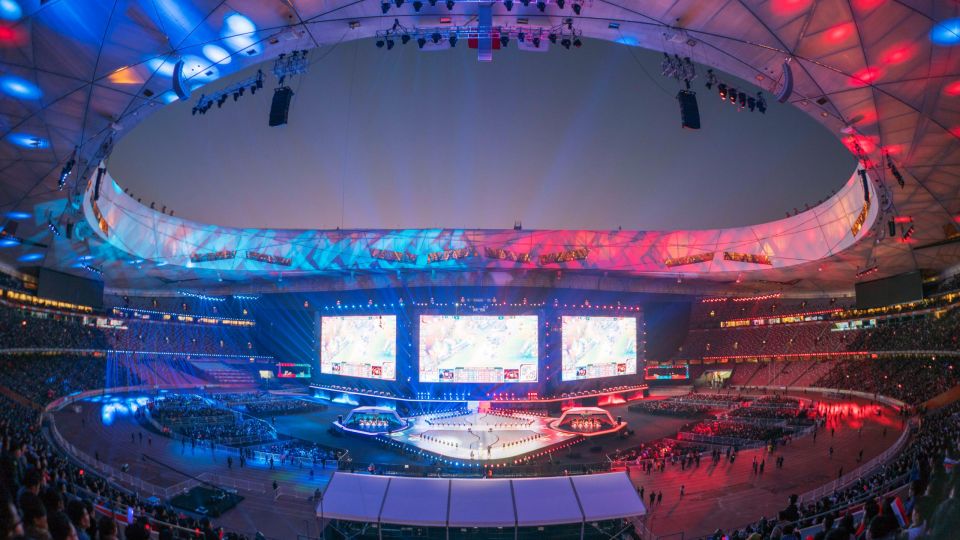April 6, 2018
Despite a lack of acceptance by older generations, the competitive video game arena is more popular than ever and worth an estimated$900 million US.
Whether its pushing down turrets in Riot Games’ League of Legends or gunning down members of an enemy team in Blizzard’s Overwatch, eSports are capturing the hearts of fans across Southeast Asia.
Once considered a weekend hobby for bored teenagers, the thriving competitive video game industry now has 148 million players and will be worth US$905.6 million in 2018, The Straits Times reported, citing ESport research group Newzoo.
The new medium is even beginning to give its traditional cousins a run for their money, with 33 million viewers tuning in to the 2017 League of Legends World Cup, compared to just 20.4 million who watched the NBA finals.
The industry has experienced a whopping 38 per cent year-on-year growth – and according to a December 2016 article in Newzoo, the fastest growing region of all was Southeast Asia.
The region had 9.5 million Esports Enthusiasts in 2016, and this number was expected to double by next year.
The surge in interest in eSports – and its economic potential – have not gone unnoticed.
Gamers will be joining traditional athletes at the 2020 Asian Games in Hangzhou, China and may even be included in the 2024 Olympics in Paris, according to The Straits Times.
In Thailand, plans are underway to open an eSports arena in Bangkok and set up an eSports Academy in June where players can be trained, The Nation reported.
“The Thailand eSports Arena will be a digital-sport battlefield for everyone,” said Jirayod Theppipit, founder and chief executive of Infofed, the company building the arena.
“In 2022, eSports will be a part of the Asian Games. Opening the Thailand eSports Arena will pave way for Thai eSports athletes to take part in such regional and global tournaments,” he said, according to The Nation.
Singapore gaming and e-commerce start-up Garena, now known as Sea, has risen to become the country’s first billion-dollar tech start-up and was recently listed on the New York Stock Exchange. Popular online game League of Legends is among the games offered by the platform.
The island nation will also be hosting the inaugural Asean eSports competition at the Singapore Sports Hub in August this year.
Players themselves also stand to make a killing. For example, top League of Legends player Lee Sang Hyeok, better known as Faker, has raked in over a million dollars in earnings from tournaments, according to Esports Earnings.
Despite the earnings of top gamers, some believe eSports has a long way to go before it gains widespread acceptance and public appeal. The Nation notes that most Thais still feel ambiguous about electronic gaming, though eSports have been official recognised as a form of sport by the Sports Authority of Thailand.
Lester Hio makes a similar observation in his commentary for The Straits Times, suggesting that competitive gamers are still viewed with suspicion in success-oriented Singapore, where many are unwilling to acknowledge eSports as a viable career choice.
Though he notes that a new team, Chaos Theory, offers its players employment contracts, salaries and other perks that often come with a job such as medical benefits and even Central Provident Fund contributions, he asserts that infrastructural support alone will not be enough to change public perceptions.
The key, he suggests, is a complete image overhaul, with players viewing themselves as entertainment figures as well as gamers and behaving in a more professional manner.
“Being a professional gamer is not to sit around and play games all day long – it’s also to work on bettering themselves and the image of the eSports industry that they are helping to grow,” Hio finishes.


